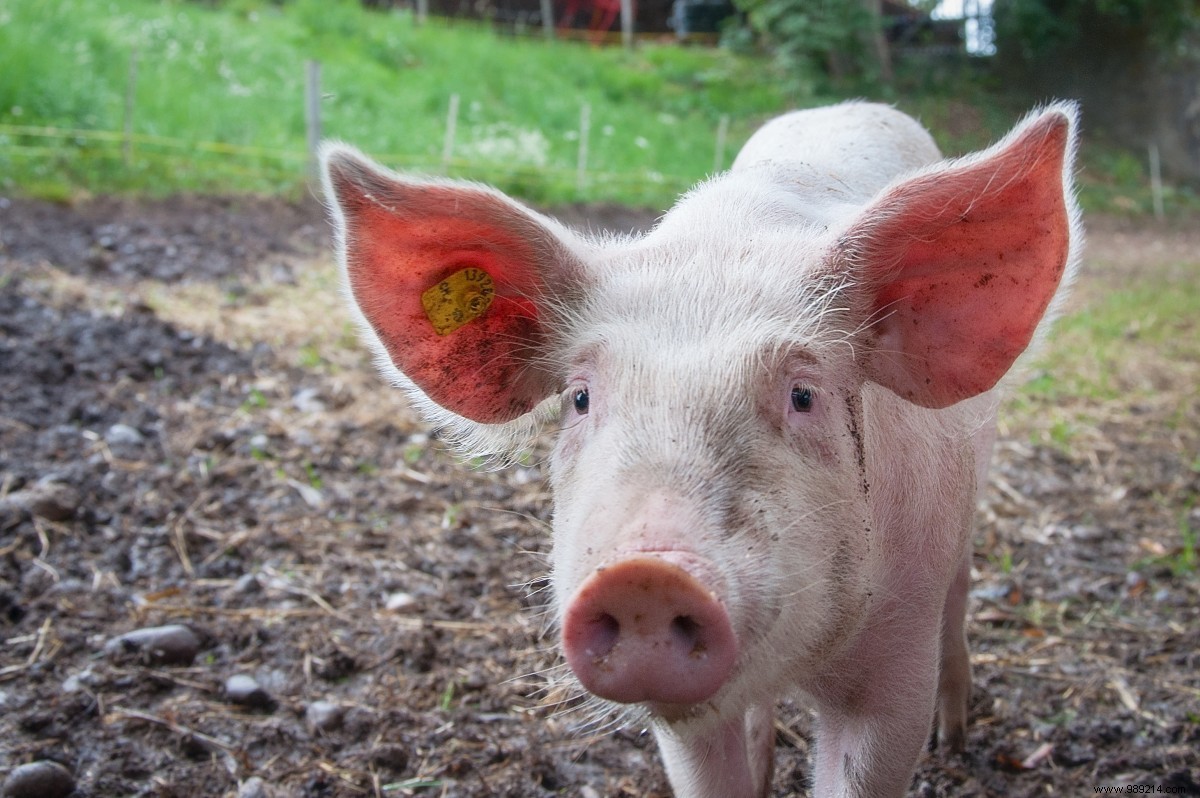The GalSafe pig, genetically engineered to eliminate allergy risks, marks a milestone as the first FDA-approved animal for both food and biomedical applications, including potential organ transplants.
In 2015, researchers at Harvard Medical School pioneered advancements in pig-to-human organ transplants, sparking global interest—including in China—for these animals as organ sources. Beyond transplantation, such pigs can produce safe medicines and meat, as confirmed by the U.S. Food and Drug Administration (FDA) in its December 14, 2020, press release.
The FDA has approved the GalSafe pig from United Therapeutics, which lacks the galactose-alpha-1,3-galactose (alpha-gal) sugar molecule found in most mammals but absent in humans. This molecule triggers allergies in some individuals and contributes to transplant rejection.
"The very first approval of an animal biotechnology product both for food and as a potential source of biomedical use represents an important milestone for scientific innovation," stated FDA Commissioner Stephen M. Hahn.

United Therapeutics aims to develop alpha-gal-free medical products like anticoagulants (heparin) and human-compatible organs. In November 2020, the company initiated a Phase I trial for GalSafe pigskin grafts in burn patients.
Plans also include marketing GalSafe pork, certified safe by the FDA. While not yet evaluated specifically for allergy prevention in consumers, commercialization awaits further validation. An Iowa farm currently raises 25 GalSafe pigs, though large-scale production remains challenging compared to conventional pigs. Additional genetic edits will likely be needed to fully overcome transplant rejection barriers beyond alpha-gal.